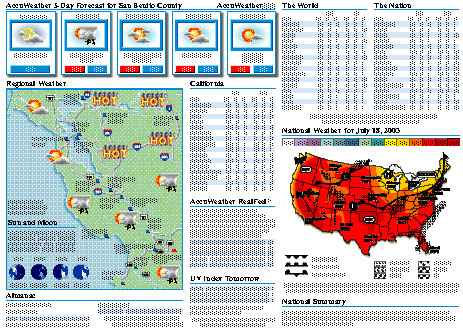Public health officials warn of an increase in hepatitis A cases throughout California. While San Benito County has no confirmed cases of the disease, county public health officials want residents to know how to prevent infection.
Hepatitis A can spread through contaminated food or water. The virus can also spread through sexual contact or shared drugs with an infected person. Those most at risk include travelers to areas with high or intermediate rates of endemic hepatitis A, gay men, users of injection and non-injection illegal drugs, people with clotting factor disorders and household members or caregivers of persons infected with hepatitis A.
Local health officials provide vaccines to at-risk individuals such as homeless people and illicit drug users.
“We are using a number of strategies to vaccinate the high-risk population, including sending health nursing teams directly to homeless encampments,” San Benito County Public Health Officer Dr. Gail Newel said. We plan to install at least six hand washing stations and portable toilets in locations most accessible for at-risk populations and are recommending additional cleaning procedures effective at inactivating hepatitis A virus for public toilets.”
There are currently 525 confirmed cases of hepatitis A throughout the state and 17 deaths, with outbreaks declared in San Diego and Santa Cruz Counties.
Symptoms include jaundice (yellowing of the skin and eyes), fever, fatigue, loss of appetite, nausea, vomiting, abdominal pain, dark urine and light-colored stools. Symptoms usually appear over a number of days and last less than two months, but for some symptoms can last as long as six months. Hepatitis A can sometimes cause liver failure and even death.
To prevent the spread of hepatitis A infection, get vaccinated, wash hands frequently especially after using the bathroom, changing diapers or before handling food, don’t have sex with someone infected by hepatitis A, use your own towels, toothbrushes and eating utensils, and don’t share food, drinks or smokes with other people.
Waterless hand sanitizers aren’t effective against hepatitis A, which is a hardy virus and difficult to inactivate. Therefore, thoroughly washing hands with soap and water is an important prevention and control measure, according to county public health officials.
Individuals are recommended to check their hepatitis A vaccination status and talk to their health care providers about the risks. Persons planning an international trip should check the CDC Travelers’ Health website to see if hepatitis A vaccination is recommended for the intended destinations.
The hepatitis A vaccine is available at many doctors’ offices and clinics, as well as some retail pharmacies. For persons without health insurance or Medi-Cal, vaccines are available at San Benito County Public Health Services. For more information, call (831) 637-5367 or go to hhsa.cosb.us/divisions/public-health.









